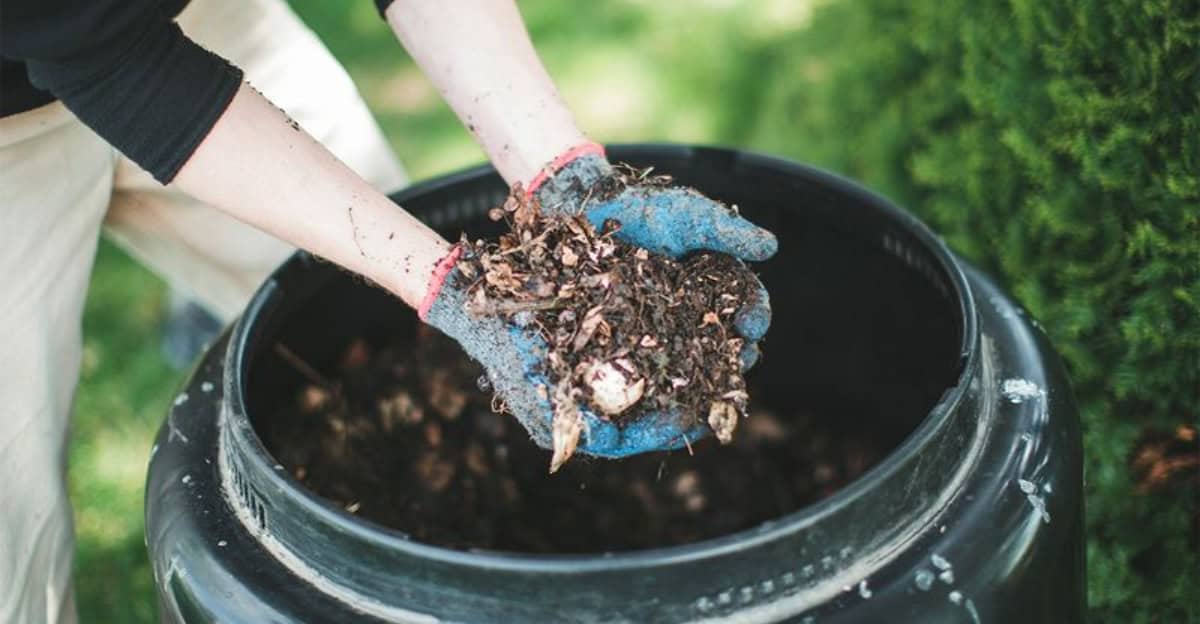Composting is a simple yet highly effective way to enrich your garden and help the environment.
By recycling organic waste, you’re not only reducing landfill usage but creating nutrient-rich soil that promotes healthier plants.
Here are 10 compelling reasons why composting should be a part of your gardening routine.
1. Reduces Waste Sent to Landfills
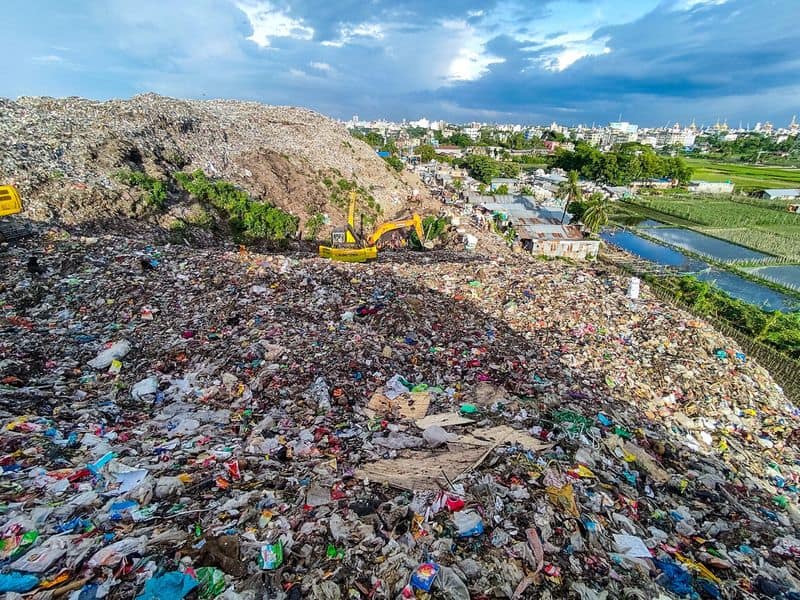
By composting organic waste, you’re minimizing the amount of trash sent to landfills. This not only conserves space but also reduces methane emissions.
Methane, released from decomposing waste, significantly contributes to climate change. Less waste in landfills also means fewer toxins leaching into soil and water.
2. Enriches Soil Nutrient Content
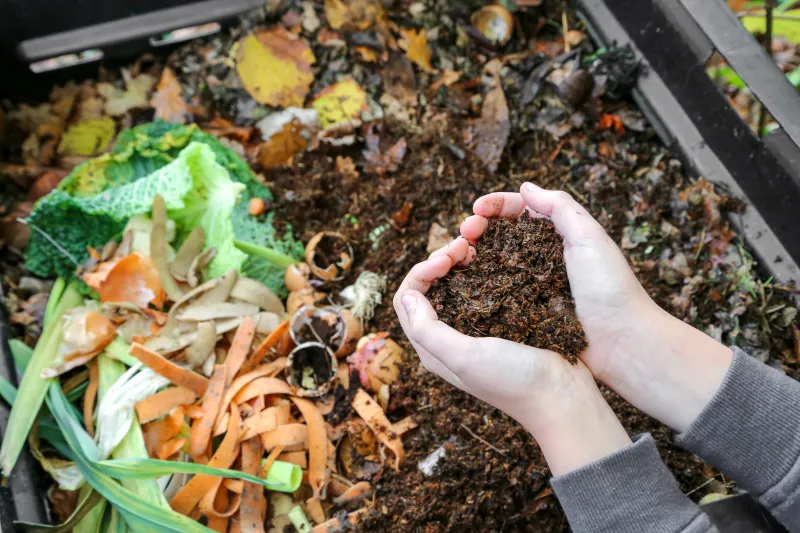
Composting enriches soil, boosting its nutrient content and structure. The decomposed organic matter adds essential nutrients like nitrogen, phosphorus, and potassium, vital for plant health.
Improved soil structure enhances water retention and aeration, promoting robust root growth and overall plant vitality.
3. Encourages Beneficial Microorganisms
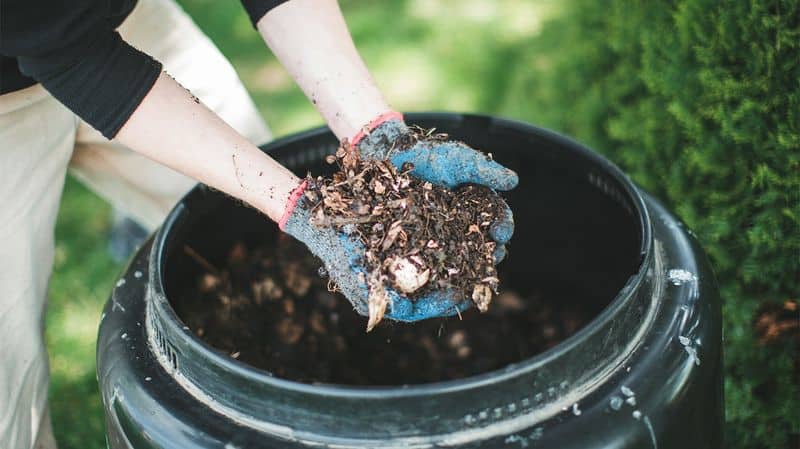
Compost hosts beneficial microorganisms, bacteria, and fungi that break down organic material. These microorganisms play a crucial role in soil health, helping suppress plant diseases and pests.
Their presence creates a thriving ecosystem that supports plant growth while reducing the need for chemical fertilizers.
4. Reduces the Need for Chemical Fertilizers
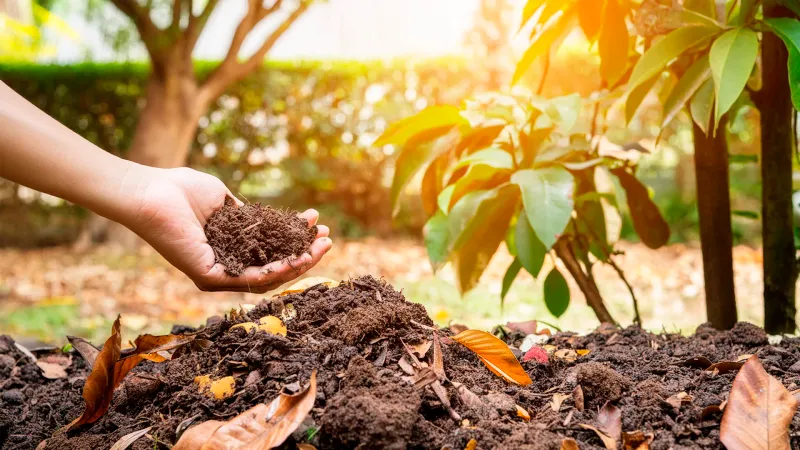
Using compost lessens the reliance on chemical fertilizers. Compost naturally provides nutrients, eliminating the need for synthetic alternatives that can harm the environment.
Reducing chemical use protects water sources from potential contamination and promotes a safer, healthier garden ecosystem.
5. Promotes Water Conservation
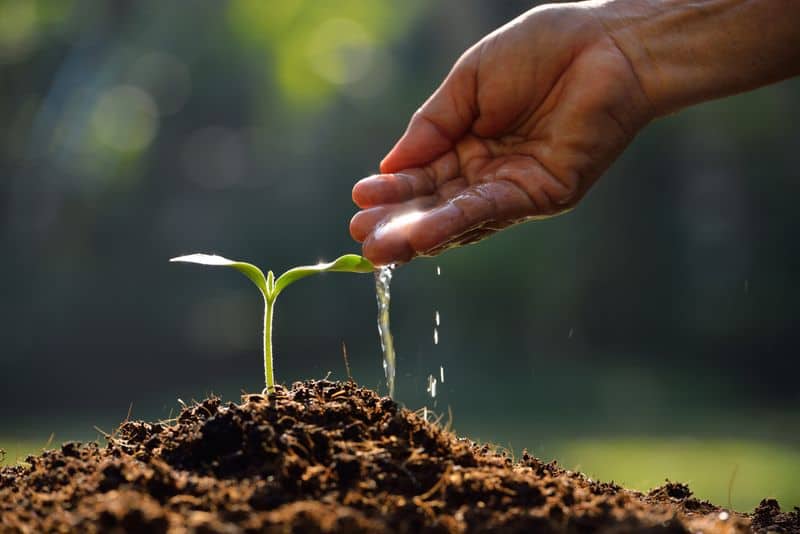
Compost improves the soil’s ability to retain moisture, reducing the need for frequent watering. This water conservation is particularly beneficial in drought-prone areas.
By maintaining moisture levels, compost helps plants endure dry spells, ensuring a vibrant garden despite irregular rainfall.
6. Lowers Carbon Footprint
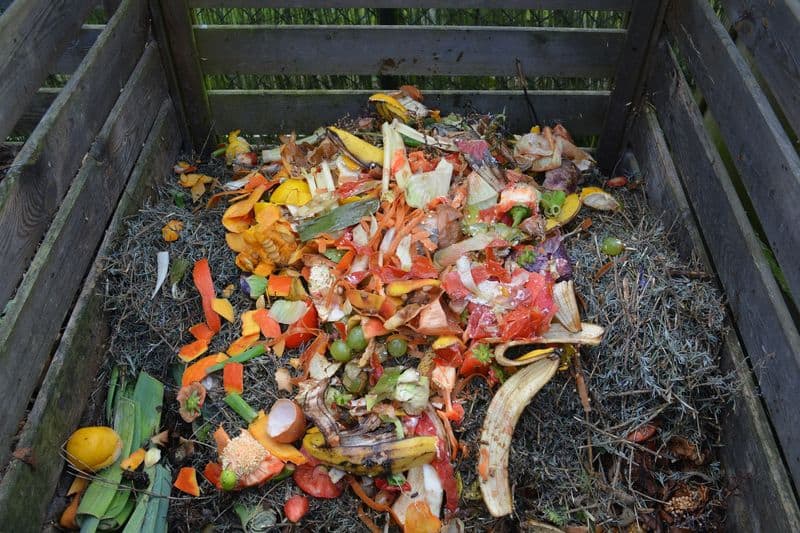
Composting reduces your carbon footprint by minimizing waste and decreasing methane emissions.
When organic waste breaks down naturally, carbon dioxide is released instead of methane, a more potent greenhouse gas. This simple practice contributes significantly to environmental preservation.
7. Supports Biodiversity
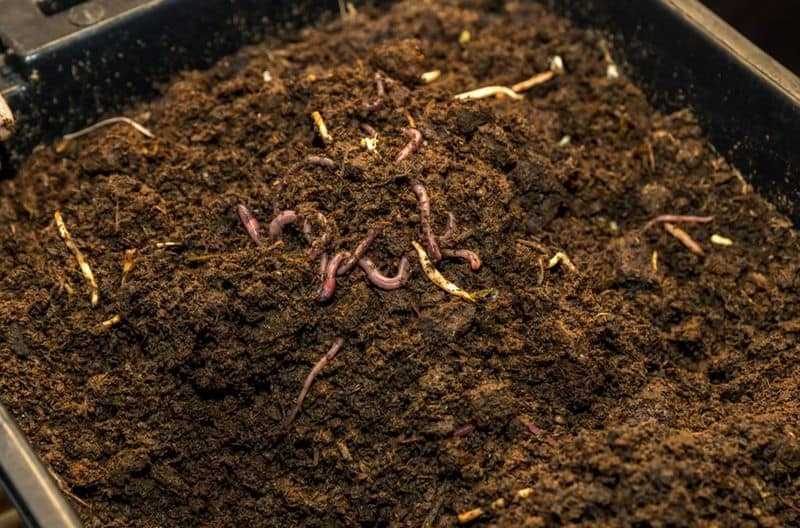
A compost-rich garden supports biodiversity by fostering a healthy soil ecosystem. Rich in nutrients, compost attracts a variety of organisms, from worms to insects, enhancing soil fertility and plant growth.
This biodiversity is crucial for maintaining balanced ecosystems and promoting resilient plant communities.
8. Cost-Effective Gardening
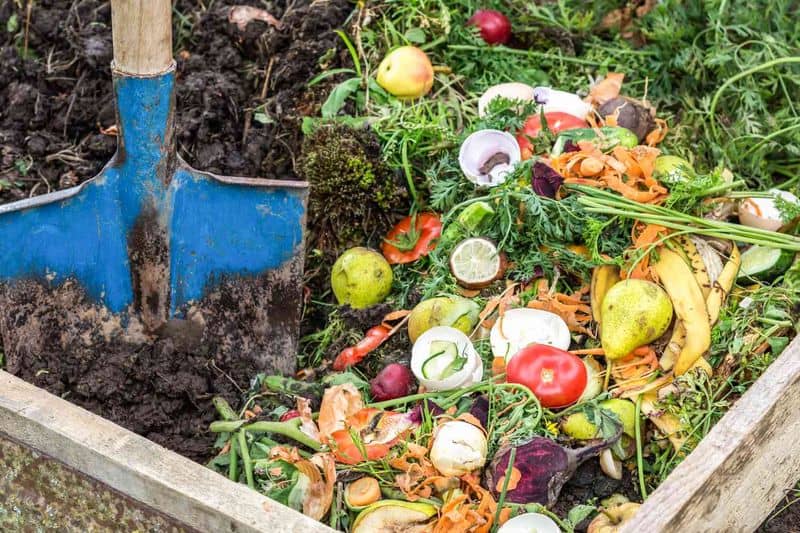
Composting is economical, reducing the need to purchase commercial fertilizers or soil conditioners.
Homemade compost provides a cost-effective alternative that recycles kitchen scraps into valuable garden resources. This not only saves money but also promotes sustainability in gardening practices.
9. Enhances Plant Health
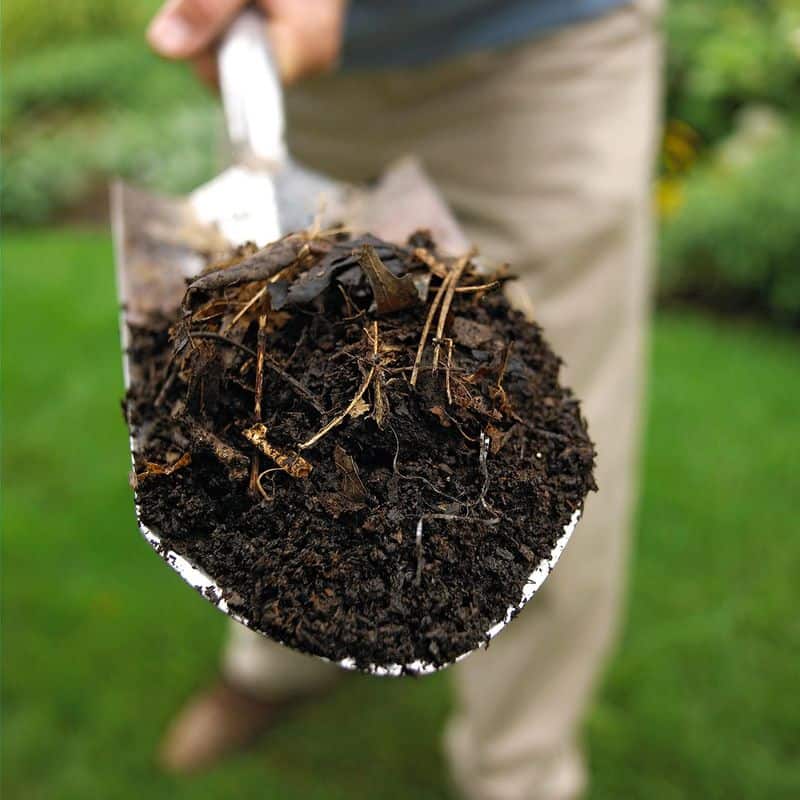
Plants grown in compost-enriched soil are healthier and more resilient. The nutrient-rich compost supports strong root systems and improves plant immunity to diseases.
This leads to vigorous growth, vibrant blooms, and bountiful harvests, ensuring a flourishing garden.
10. Teaches Sustainability to Future Generations
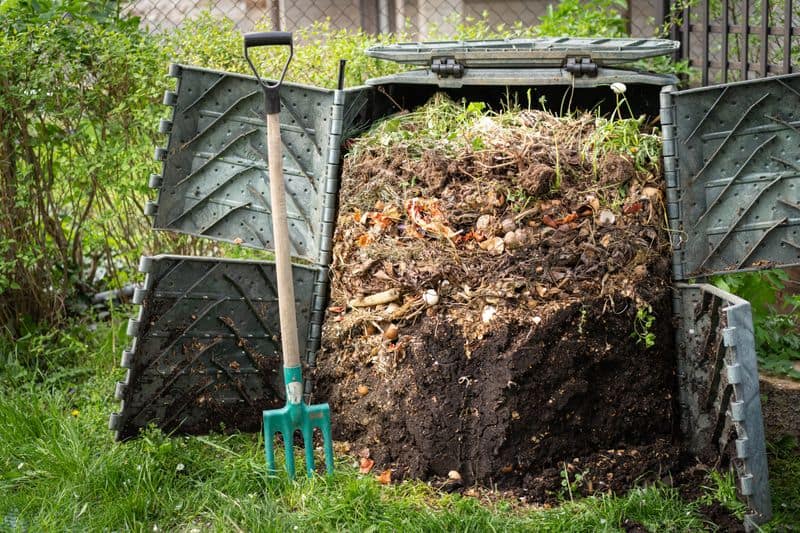
Composting is an educational tool for teaching sustainability to children. Involving younger generations in composting practices instills environmental responsibility and awareness.
This hands-on learning experience fosters a lifelong commitment to sustainable living and appreciation for nature.

